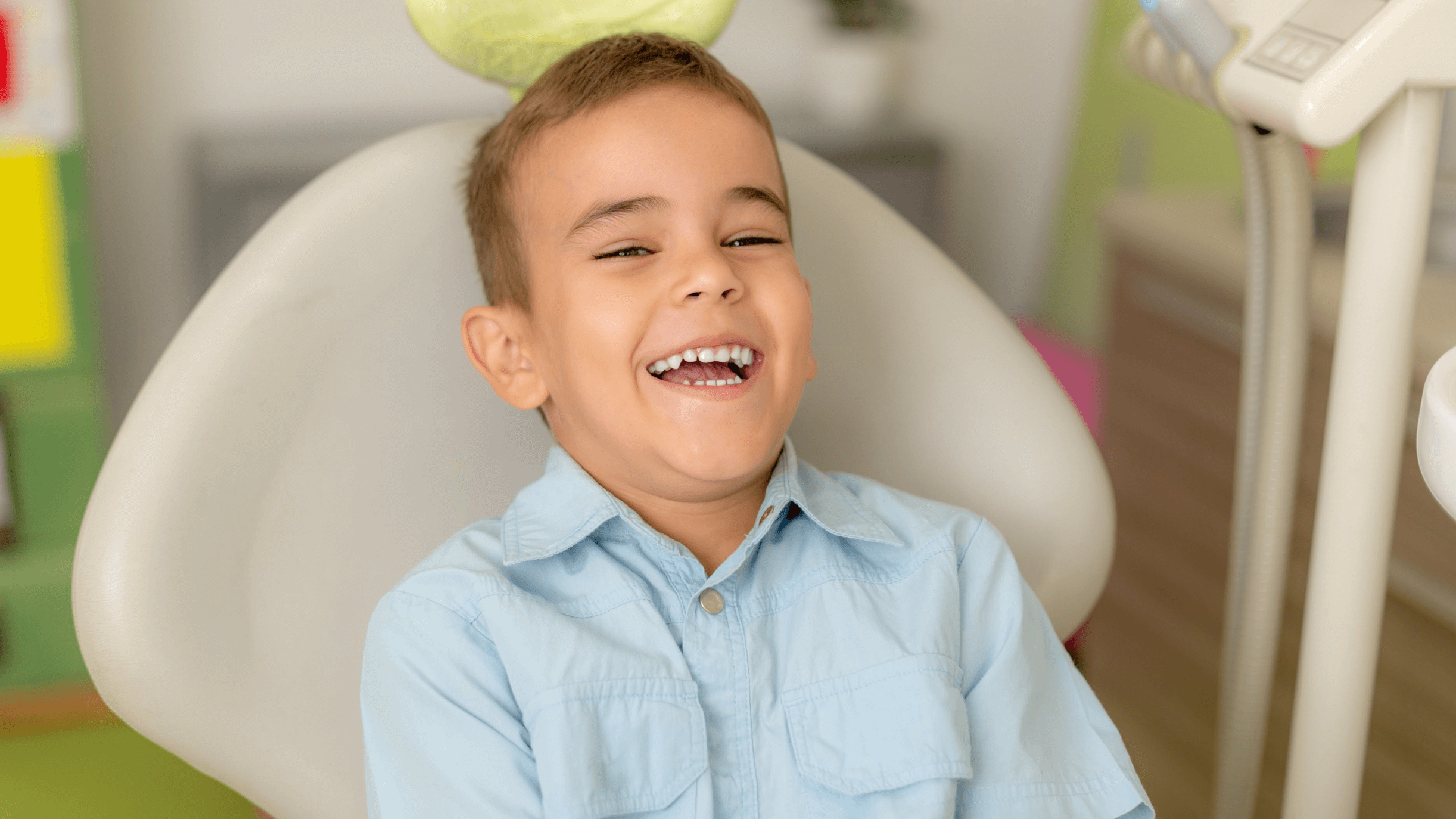Should I be Worried About My Child Grinding Their Teeth?
&srotate=0)
If you've noticed your child grinding their teeth, it's understandable to be concerned. While occasional teeth grinding, or bruxism, is relatively common and often harmless, persistent grinding can lead to more serious dental issues and may need to be addressed. At Lancaster Pediatric Dental Associates, we're here to help you understand when this behavior requires intervention and what steps you can take to address it. Continue reading to learn more, then contact our Lancaster, PA office to schedule a dental exam for your child.
What causes teeth grinding in children?
Teeth grinding in children can stem from a variety of causes. Stress and anxiety are frequent contributors, causing children to clench and grind their teeth at night as a response to emotional tension. Misalignment of the teeth can also lead to grinding due to discomfort from improper alignment. Certain conditions, such as sleep apnea and medical conditions affecting the nervous system, may also contribute. Lifestyle factors like excessive screen time and poor diet can also play a role in the development of grinding teeth.
How can I tell if my child is grinding their teeth?
Detecting bruxism in children can be challenging, particularly since it often occurs during sleep. Here are some signs that your child might be grinding their teeth:
- Noisy grinding sounds: Listen for noticeable grinding or gnashing sounds at night
- Worn teeth: Check for signs of wear on your child's teeth, such as flattened surfaces
- Jaw pain: Complaints of jaw pain or soreness, especially in the morning, can indicate grinding
- Headaches: Frequent headaches, particularly in the morning, may be linked to teeth grinding
- Tooth sensitivity: Increased sensitivity in your child's teeth can also be a sign of bruxism
What should I do if my child is grinding their teeth?
If you suspect that your child is grinding their teeth, it's important to seek appropriate treatment. The first step is to consult with a pediatric dentist like ours in Lancaster, PA. They can evaluate your child's condition and determine the best possible course of action. Managing stress through relaxation techniques and establishing a calming bedtime routine can help reduce grinding. If misalignment is a factor, orthodontic treatment might be recommended. In some cases, a mouth guard for sleeping can be suggested to protect your child's teeth from damage caused by grinding.
Can teeth grinding cause long-term damage?
Chronic teeth grinding can potentially lead to significant long-term issues. Persistent bruxism can erode tooth enamel, increasing the risk of sensitivity and cavities. It may also contribute to temporomandibular joint (TMJ) disorders, resulting in jaw pain and discomfort. Severe cases can even cause tooth fractures. Addressing teeth grinding early is crucial to prevent these potential problems and ensure your child's dental health.
How can Lancaster Pediatric Dental Associates help?
At Lancaster Pediatric Dental Associates, we specialize in pediatric dentistry and are committed to providing effective treatment for our patients with bruxism. Our experienced team will assess the underlying causes of your child's bruxism and recommend tailored solutions, including the potential use of a mouth guard for sleeping to protect their teeth.
Worry less about wearing down teeth
If you've noticed signs that your child may be grinding their teeth, Lancaster Pediatric Dental Associates is here to help. While a small amount of grinding is often harmless, bruxism can lead to headaches, jaw pain, tooth sensitivity, and damage to the teeth. If your child may be grinding their teeth, contact our office in Lancaster, PA to schedule a pediatric dental exam.